Cochabamba metropolitan area’s climate change mitigation action plan takes shape.
Over half of the world’s population lives in cities. Consequently, two-thirds of the world’s energy is consumed in cities, and cities are the source of over 70% of global greenhouse gas emissions. At the same time, around 70% of cities are already affected by the negative consequences of climate change (OECD, 2014; UCCRN, 2018). The NCF-financed project Technology, adaptation and mitigation: Greening the economy of urban agriculture at Kanata Metropolitan Area had the objective of strengthening the capacities for mitigation of greenhouse gas emissions, as well as increasing the resilience of the metropolitan area of Cochabamba in Bolivia. The project was implemented between April 2016 and December 2018.
The initiative built on previous work financed by the Nordic Development Fund and the Inter-American Development Bank that resulted in the publication of an action plan for the Cochabamba metropolitan area. This project was developed in order to support the implementation of the action plan through local experiences for improving urban climate resilience, with a rights- and gender-based approach.
The project reached over 40,000 beneficiaries, half of them women, and increased resilience to climate change through capacity-building activities on environmental issues and climate change adaptation for over 6,000 people. At project completion, 93.42 tons of CO2 emissions had been reduced as a result of recycling and processing of organic residues as well as the installation of solar-powered water pumps.
Positive impact on women’s income
Gender is a cross-cutting topic in the project. The gender mainstreaming focus resulted in a positive impact on women’s income, as well as in the inclusion of a gender perspective in local planning. These are presented as follows:
• Female flower producers were trained in natural plague control and more efficient use of water resources, which led to a 23% increase in income of the flower producers.
• During the project period, the allocations in the metropolitan area’s budget has seen an increase in gender-mainstreamed initiatives from 2.4% (in 2016) to 14.57% (2018). Although this outcome cannot directly be attributed to this project only, the project has contributed to an increased awareness of gender issues through its dialogue with metropolitan area and local authorities.
• 35 women (including flower producers and neighbourhood organisation representatives) were encouraged to collaborate with a national platform for women leaders working on climate change adaptation and mitigation (“Lideresas ante el cambio climático”) sharing experiences, good practices and lessons learnt.
Promoting sustainable waste treatment
Two new microcredit products were developed during the project period: one for financing the instalment of bio digesters in the metropolitan area and another one for financing wastewater treatment plants. Furthermore, the municipality of Tiquipaya increased their compost processing capacity from 2 tons per day to 8 tons per day of organic waste, supported by the project. Inspired by this example, municipalities in the metropolitan area have already earmarked a total of EUR 162,763 for replicating this initiative on other sites.
Increase in coverage of urban water systems
During the project implementation period, solar-powered water pumps were installed in one large elementary and high school and an orphanage where the water supply has been identified as a major concern. The solar pumps replaced the expensive diesel-powered systems. Today, the pumps serve 1,600 students from 560 families and 35 girls living in the orphanage.
The project was implemented by Diakonia (Sweden) as the lead Nordic partner, together with the Centre for Supporting Integral Management of Water and the Environment (Agua Sustentable) and the Center for Research and Regional Development, Financial Institution for Development (CIDRE-IFD) from Bolivia.
Read more about the results in the project completion report.
References:
OECD 2014: Cities and Climate Change: National governments enabling local action. Policy Perspectives. Retrieved from https://www.oecd.org/env/cc/Cities-and-climate-change-2014-Policy-Perspectives-Final-web.pdf
UCCRN 2018: The Future We Don’t Want - How Climate Change Could Impact the World’s Greatest Cities. Technical Report. Retrieved from http://uccrn.org/files/2019/09/1789_Future_We_Dont_Want_Report_1.4_hi-res_120618.original-compressed.pdf
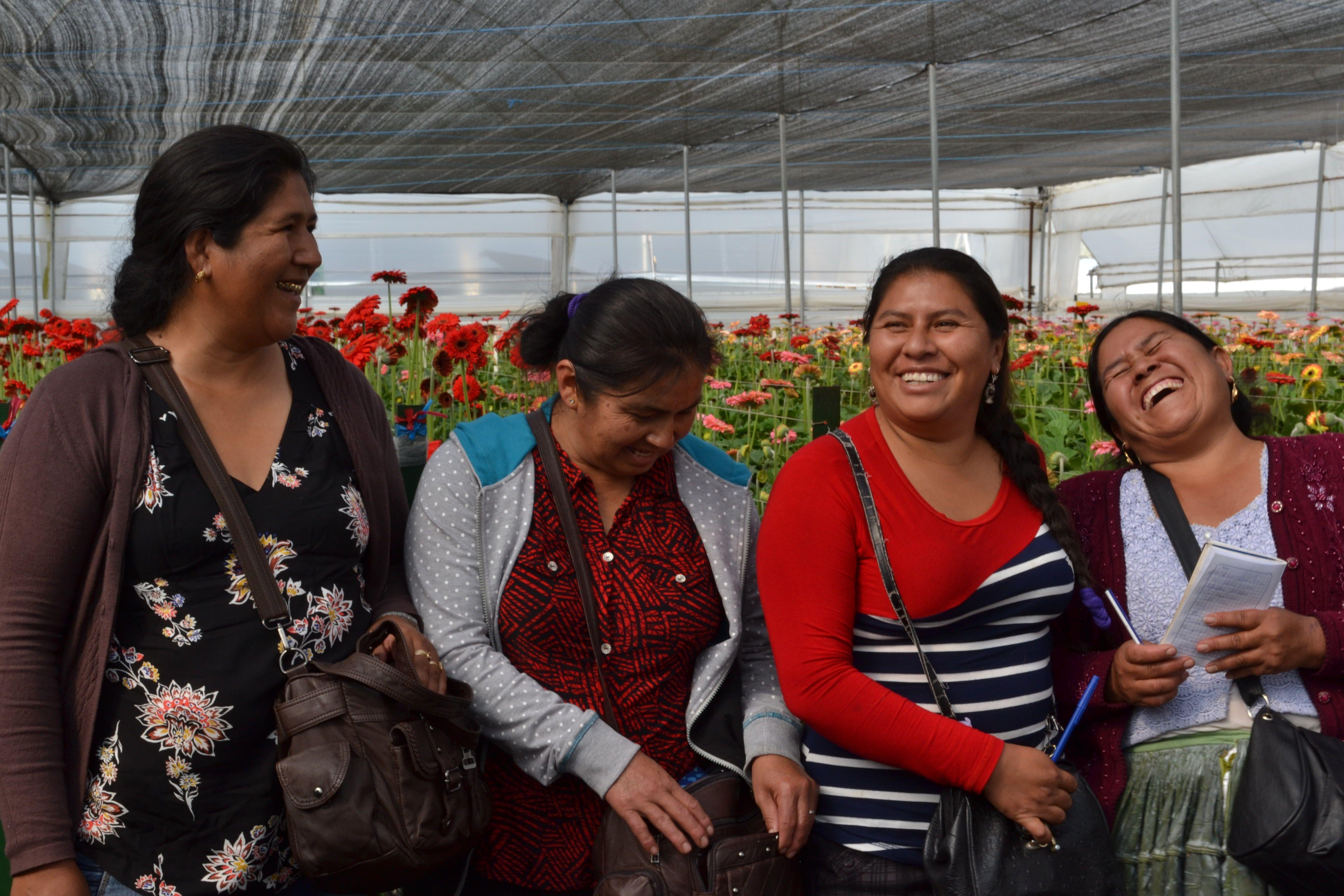
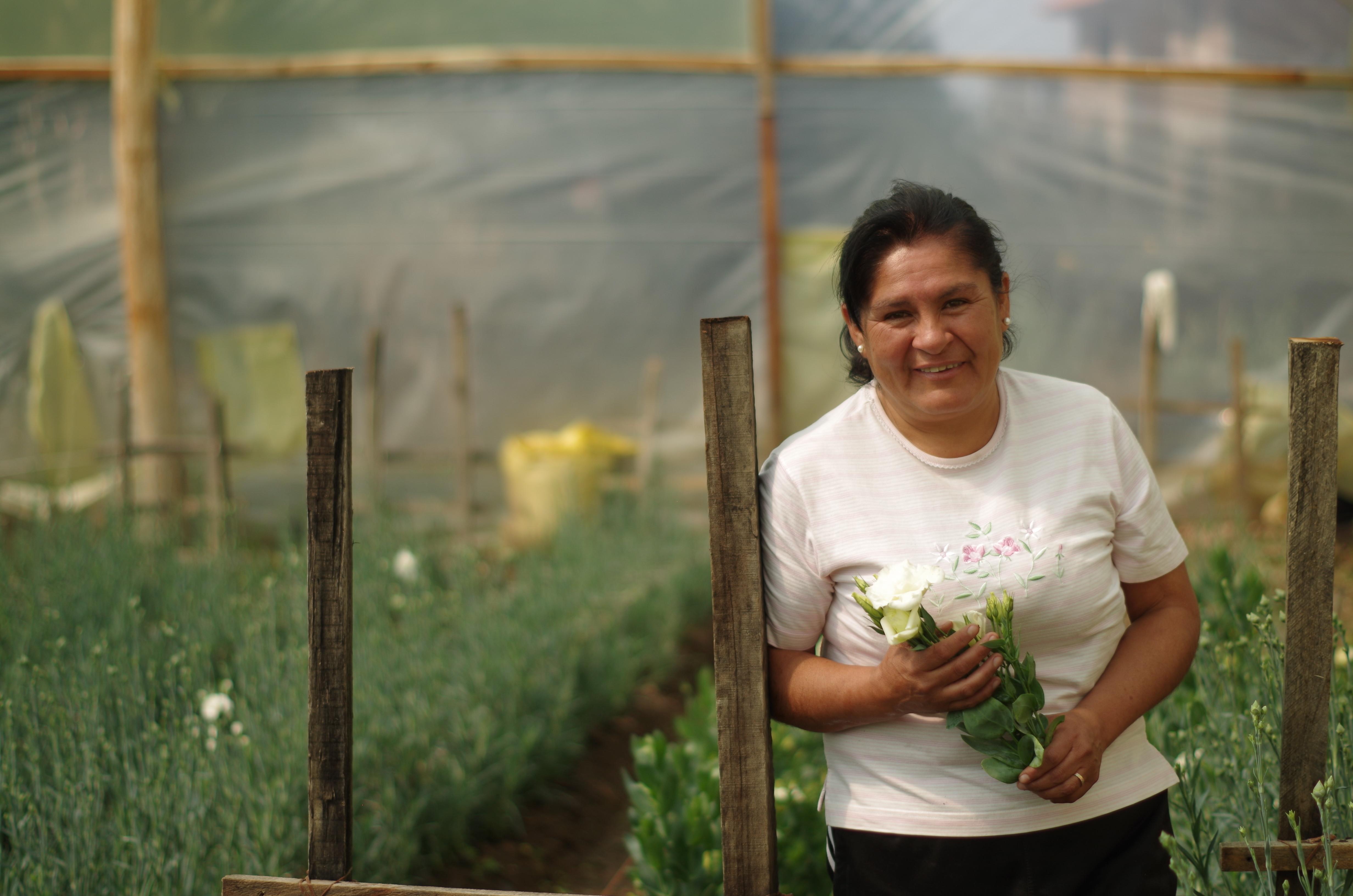
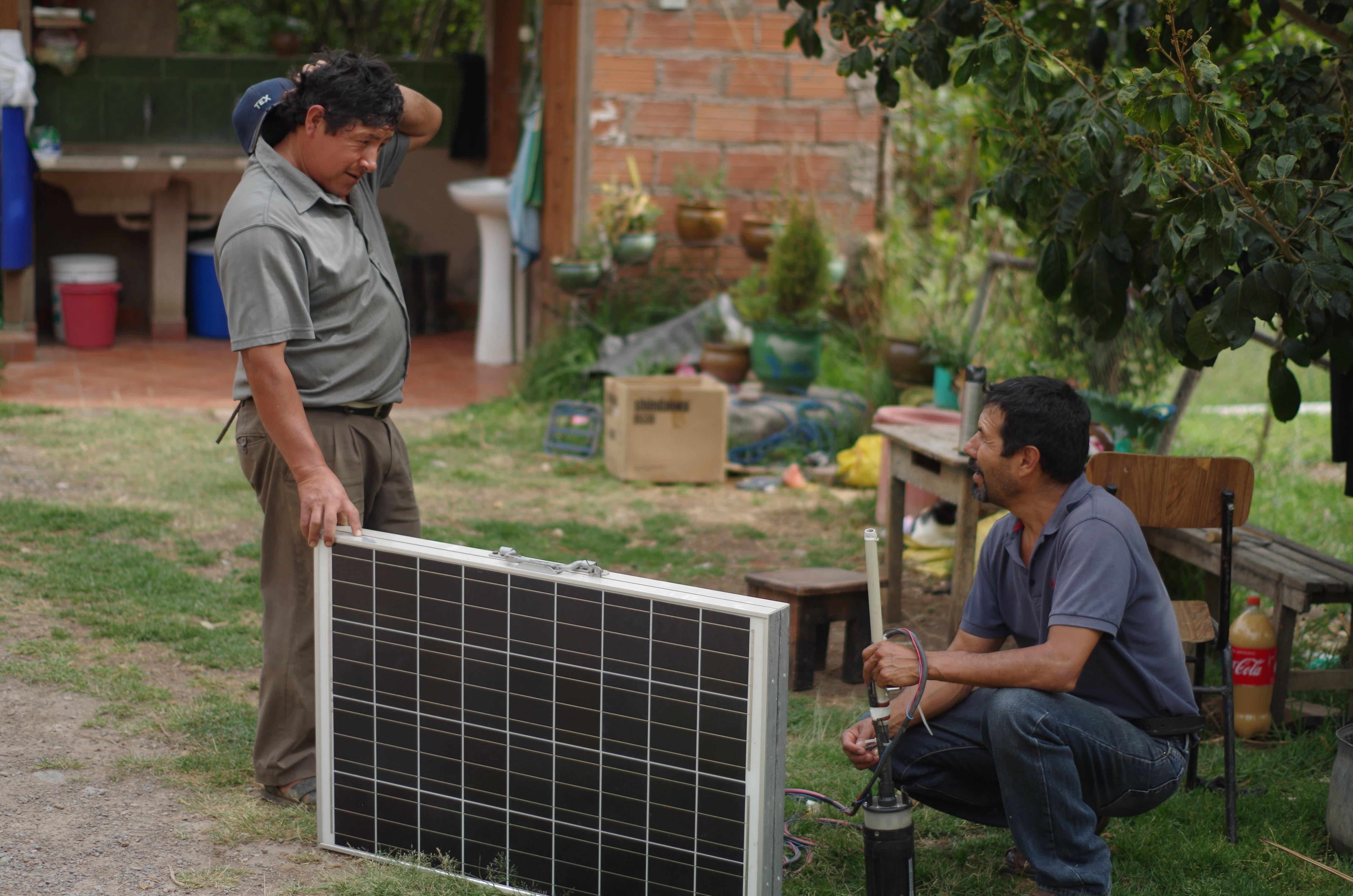
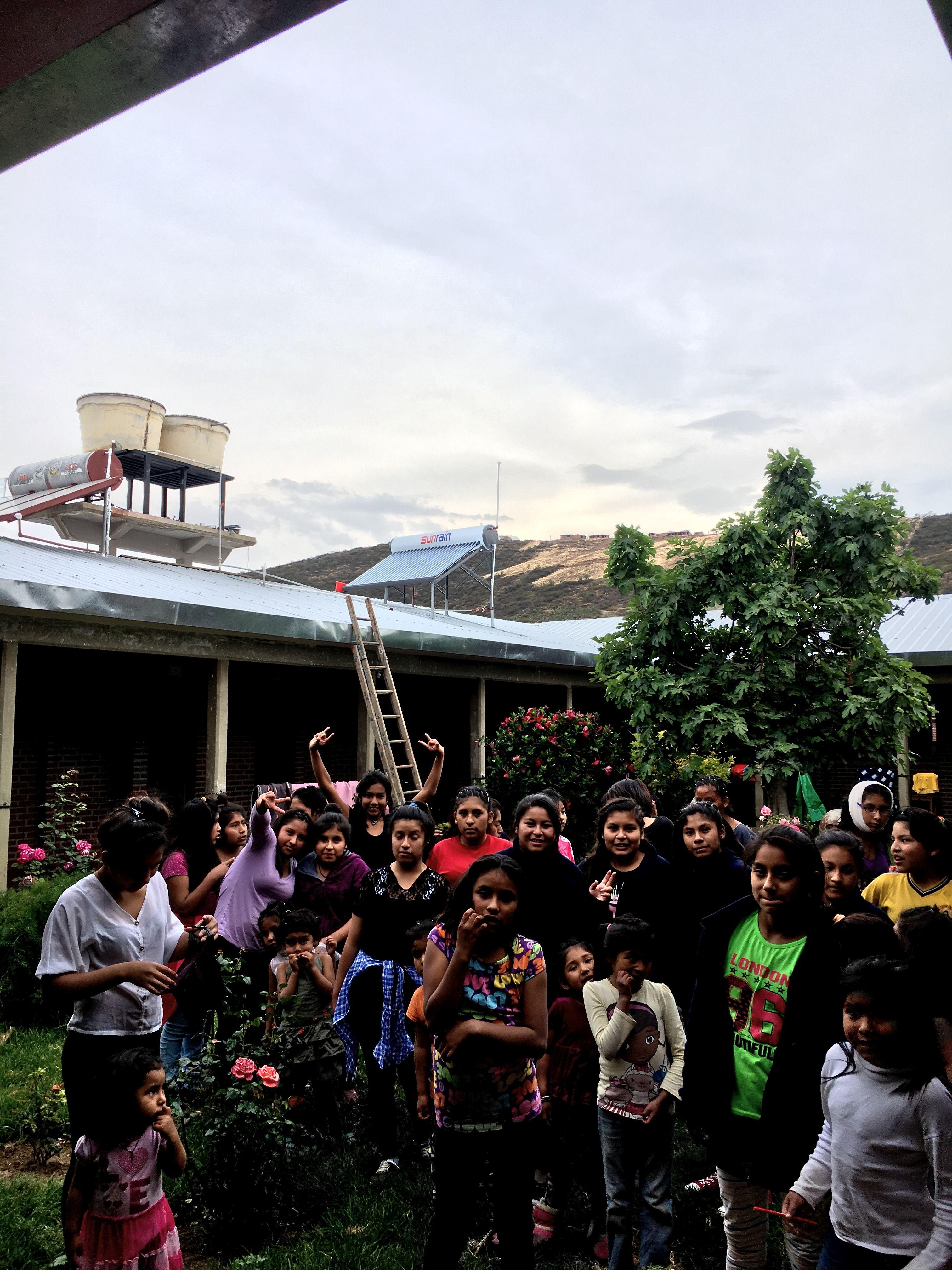
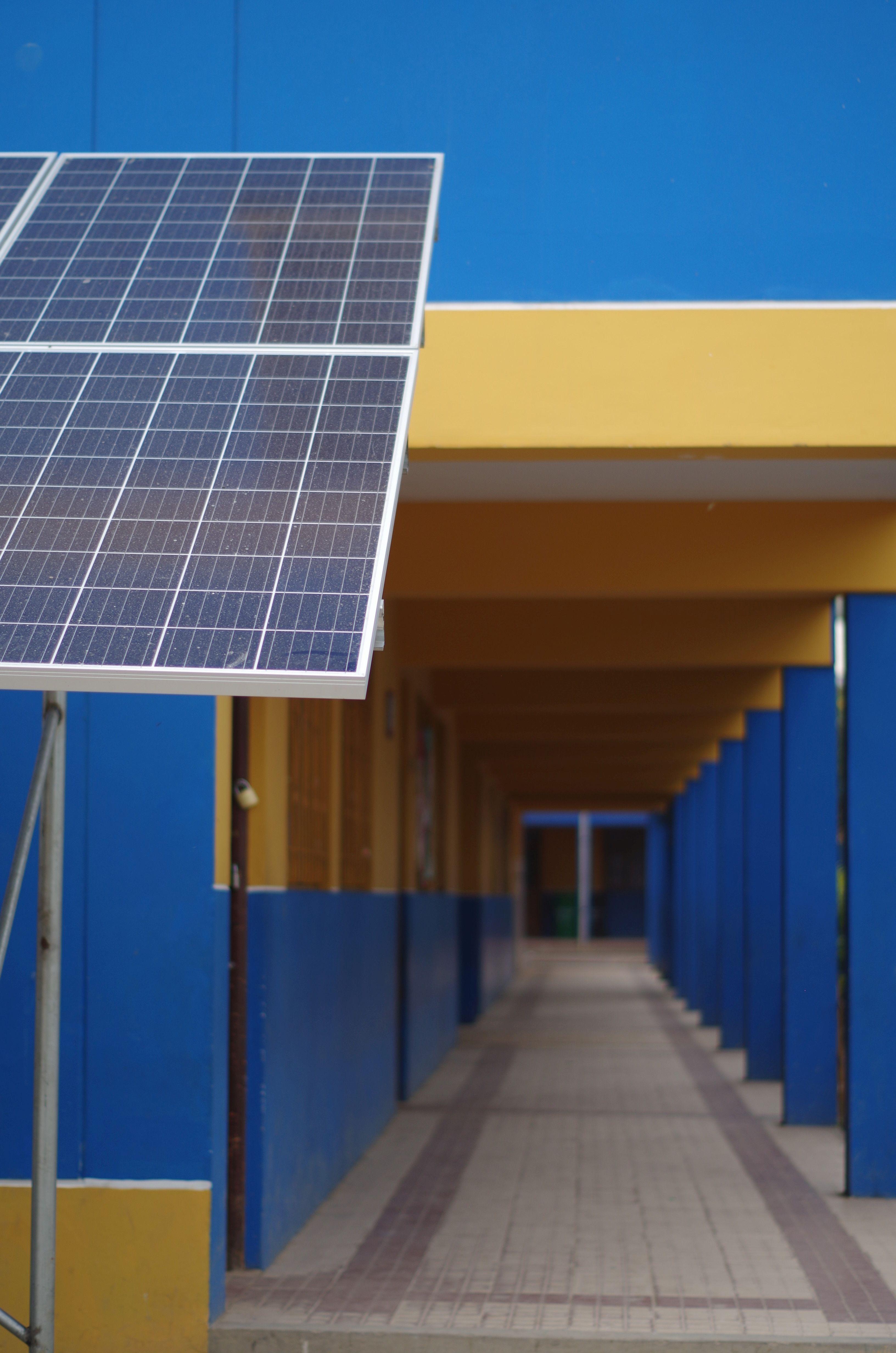

 The Nordic Climate Facility (NCF) is a challenge fund that finances innovative climate change projects.
The Nordic Climate Facility (NCF) is a challenge fund that finances innovative climate change projects.
